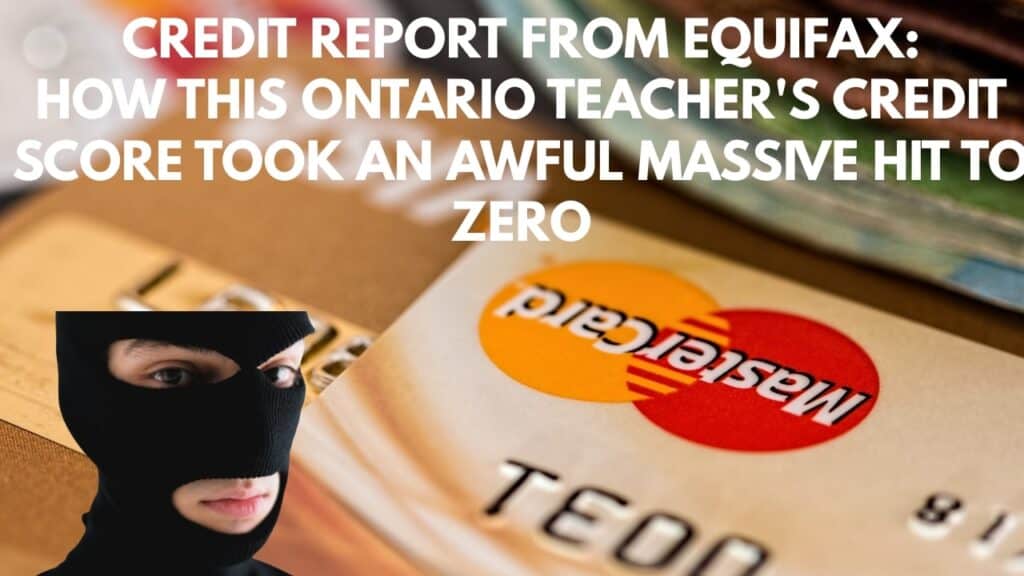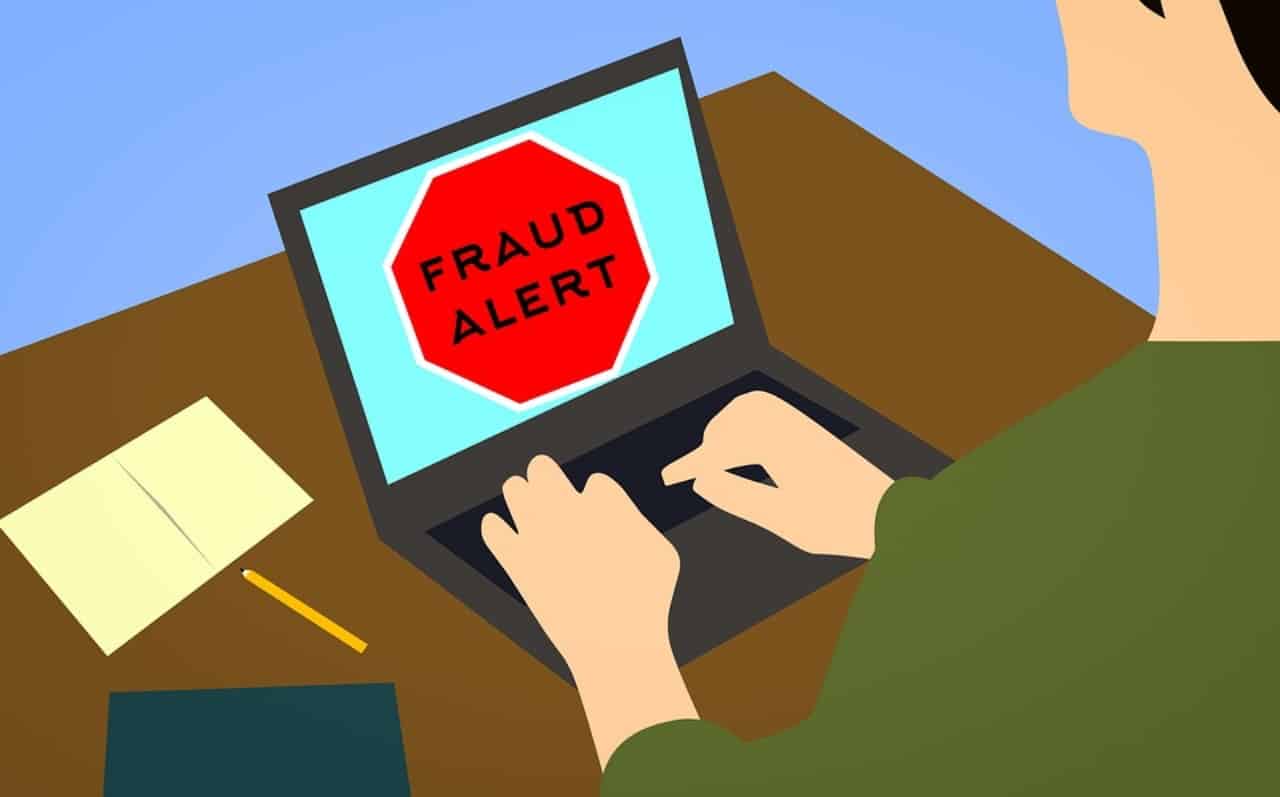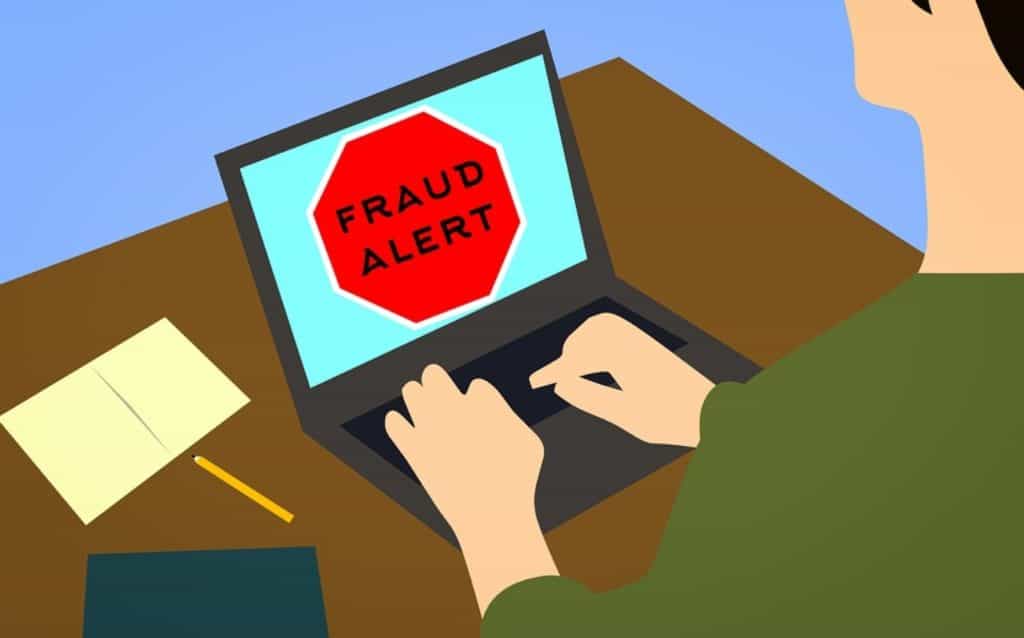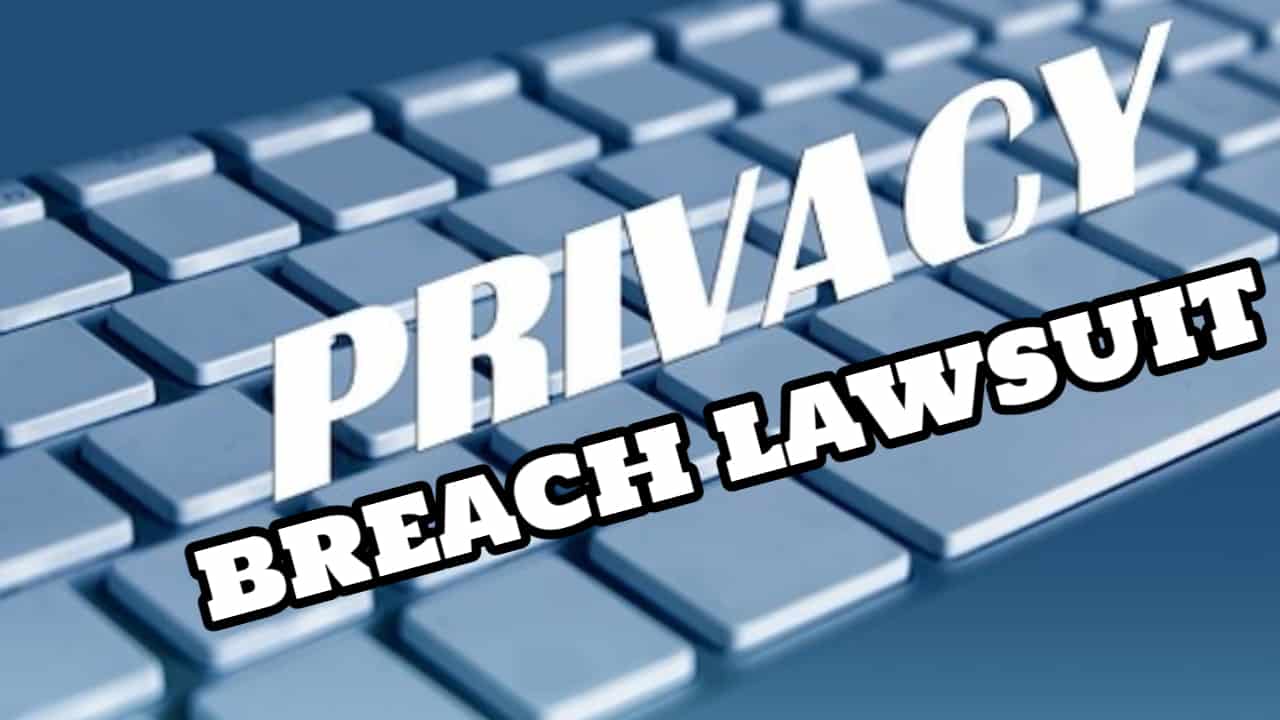Romance Scams: Introduction
Doubtless, you read many blogs in the last couple of weeks that incorporated Valentine’s Day into their theme. Now that Valentine’s Day 2023 has passed, I thought I would write about an increasing trend among online scams; romance scams.
Online romance scams are becoming increasingly prevalent and can have severe financial and psychological repercussions for victims. The COVID-19 pandemic has further exacerbated the growth of these types of scams, making it essential for people to be aware of how to recognize and avoid such schemes. Unfortunately, victims may be reluctant to report this type of crime out of shame and fear of being mocked, which suggests that the actual amount of cases is likely much greater than what has been reported.
In this Brandon’s Blog, we’ll explore the psychology and tactics of romance scammers, the staggering costs of romance scams, and the emotional trauma that victims face. I’ll also provide practical advice on how to avoid becoming a potential victim of online scams, from identifying warning signs to protecting your personal information online. Don’t let love or the chance for a fast money score blind you – stay informed and protect yourself against (romance) scams.
What are romance scams? Their prevalence in the digital age
Romance scams are a type of cybercrime in which a person is misled into believing they have formed a romantic connection with someone they met online. In reality, the other person is a cybercriminal utilizing a false identity to win the victim’s trust and eventually request or threaten them for money.
Scammers tend to create false identities in order to establish a sense of closeness and trust with their victims. After this connection has been built, they use their victim’s belief it is a real romantic relationship to try and extract money from their victims.
Romance scammers are skilled at creating fake online dating profiles with attractive photos stolen from the internet. They may even assume the identities of real people and study information people share online to pretend to have common interests.
Romance scams are prevalent in the digital age, with reports indicating that they have hit record highs in recent years. It is important for individuals to be aware of the signs of romance scams and to exercise caution when engaging with individuals they meet online.
Scammers have all sorts of tricks to try and fool people, and it’s important to know what they’re up to in order to stay safe. In addition to the fake identity, here are some of the methods they usually use for scamming people in all sorts of ways, not just romance scams:
- Cybercriminals can be sneaky and pretty convincing with their tactics. They’ll try to trick people into clicking on shady links, opening sketchy attachments, and downloading bogus software. Some examples of their tactics are fake security alerts, fake virus warnings, and bogus tech support scams.
- In spear phishing attacks, you have to watch out for scammers who know exactly who they are trying to get money or info out of. They often use cloud services like Dropbox and Google Drive to spread malicious documents, so don’t trust any links or downloads you get from someone you don’t really know.
- Scammers take advantage of shared weaknesses among their victims to get them to trust them and do what they want. For instance, people who fall for a scam may be more gullible, lack self-control, or be looking for a get-rich-quick scheme.
It’s super important to keep an eye out for scammers and protect yourself. Don’t click any sketchy links, watch out for requests asking for money or personal info, and steer clear of promises that sound too good to be true.
How to Identify Romance Scams
There are several red flags to watch out for that may indicate that someone is trying out a romance scam on you because they:
- Quickly profess their love or overly flatter you, despite not having met you in person
- Ask for money, gifts, a wire transfer, any form of financial assistance or personal information early in the relationship.
- Have a vague, inconsistent or obviously fake profile or refuse to share more details about themselves.
- Use poor grammar or spelling or have a different writing style than their photos suggest.
- Avoid video calls or in-person meetings or make excuses for not being able to meet.
- Claim to be in a foreign country, working on a project, or experiencing a sudden crisis.
- Pressure you to make decisions quickly or keep the relationship secret from your family or friends.
It is important to be cautious when interacting with people online and to pay attention to any red flags that may indicate a romance scam is taking place. Do not send money to anyone you haven’t met in person. Do a reverse image search on their profile picture to check if it is a stock photo.
Romance fraud or any other kind of online fraud can be difficult to detect because scammers are skilled at manipulating their victims’ feelings and expectations.
The lies romance scammers tell: Common lies and stories
It is important to be aware of potential signs of romance scams. Signs of a potential scammer include:
- expressing strong feelings for someone they have never met;
- asking for money or gifts by way of bank transfers, gift cards or cryptocurrency;
- being vague or inconsistent with their profile;
- having poor grammar or spelling in their messages; avoiding video calls or meetings;
- claiming to be in a foreign country; and
- pushing for decisions to be made quickly or secretly.
It is essential to be watchful when engaging with individuals on the internet and be aware of any signs that may suggest a romance or any other type of scam. Under no circumstances should you provide money to someone you have not encountered face-to-face. Utilize a reverse image search for the individual’s profile picture to ascertain if it is a stock image.
Always be on guard. Online fraud, particularly romance fraud, can be challenging to identify due to the expertise of scammers in exploiting victims’ emotions and expectations.
Real-life stories of people who have fallen victim to romance scams
Here are some real-life stories of people who have been victims of romance scams:
- Mary (not her real name) is one of the many people in the UK who has fallen victim to a catfishing scam. She lives in the Midlands, earns £9.50 an hour, and rents a two-bedroom house. After meeting a man on a dating website, she believed that they were in a serious relationship, but it turned out that he was a scammer who stole her money and left her struggling to pay her rent.
- A victim who shared their story on romancescamsurvivor.org reported being scammed out of $15,000. The scammer sent them a photo of a contract claiming they were going to be paid $15 million for building a bridge, but then claimed their wallet had been stolen and asked the victim for money to pay for their hotel and food.
Just the facts: What the Federal Bureau of Investigation says about romance scams
In 2022, an estimated 72,806 people in the United States became victims of romance scams, resulting in losses totalling over $1 billion for the first time. This data was collected from the Internet Crime Complaint Center, the Federal Trade Commission, the Better Business Bureau and the American Association of Retired Persons. Many of the scammers persuaded their unsuspecting victims to send them cryptocurrency.
Gift cards were the most commonly reported payment method used by romance scammers in 2022, accounting for 24% of reported losses. Although not the most expensive payment method, it is still important to be aware of their potential use by scammers.
Uncovering the reality of romance scams: What the RCMP has to say
According to the Canadian Anti-Fraud Centre, in 2022 losses to romance scams ranked as the second-highest source of financial fraud-related losses, totalling over $59 million. Of this amount, victims in Ontario accounted for more than $20 million. Investment scams were the only type of fraud that was more lucrative for perpetrators.
It is important to note that the actual number of romance scam victims is likely higher than reported, as many do not report the crime or share it with their loved ones due to feeling ashamed, fearful, and even in denial about what has happened.
How to protect yourself from romance fraud
Romance scams can be devastating for individuals and families, necessitating caution when engaging with people online. Signs of potential scams include requests for money, refusal to video chat, or insistence on meeting in person. Should you or those you know have been victims of such scams, it is important to report to the authorities and seek help from trustworthy sources such as family, friends, or professionals.
Protecting yourself from romance scams essentially means recognizing the scam signals discussed above and not falling for them, notwithstanding as persuasive and enticing as they may be. If it is too good to be true, then it is.
Romance fraud can happen to anyone, but there are some things you can do to reduce your risk:
- Use reputable online dating sites or online dating apps only that have strong privacy and security policies.
- Be cautious when sharing personal information, such as your full name, address, phone number, or financial details.
- Never send money or gifts to someone you haven’t met in person, especially if they claim to be in a foreign country or in a crisis situation.
- Do some background checks and verify the person’s identity and story before investing time, emotions, or money.
- Be wary of sudden or excessive expressions of love, flattery, or promises, as these may be signs of a scammer.
- Talk to your family or friends about your online relationships and ask for their opinions or advice.
- Report any suspicious or fraudulent activities to the police, the Canadian Anti-Fraud Centre, or the website or app where you met the person.

Romance scams: Strategies for protecting your personal and financial information online
In this digital age, it is critical to take the necessary steps to secure your personal and financial information online. Unfortunately, cybercriminals are constantly looking for chances to access your confidential data for malicious purposes. Fortunately, there are multiple methods you can employ to safeguard your confidential data while using the internet.
Take extra care when it comes to the personal data you share on social media sites. Things like your date of birth and location can be used by cybercriminals for identity theft and fraud, so be aware of the potential risk. To stay safe from cyber threats, make sure your software and operating system are always up to date. This will ensure that the latest security patches are installed. Additionally, install anti-virus, anti-malware and anti-spyware programs on all your devices in order to stop cybercriminals from accessing the system remotely and putting in files that can steal your data.
It’s essential to protect your personal and financial information from malicious online activities. To do so, reduce the number of online accounts you hold and delete any unused mobile apps or browser extensions. Additionally, make sure all devices are secured with a strong, original password or PIN – one that you don’t use anywhere else. Following these steps can help to minimize the risk of a security breach.
Romance scams: Conclusion
I hope this romance scams Brandon’s Blog has been an eye-opener for you. This information is really about any online fraud, not just romance scams. Have you been scammed out of money and are now facing financial hardship?
Revenue and cash flow shortages are critical issues facing entrepreneurs and their companies and businesses. Are you now worried about just how you or your business are going to survive? Those concerns are obviously on your mind. Coming out of the pandemic, we are now worried about its economic effects of inflation and a potential recession.
The Ira Smith Team understands these concerns. More significantly, we know the requirements of the business owner or the individual that has way too much financial debt. You are trying to manage these difficult financial problems and you are understandably anxious.
It is not your fault you can’t fix this problem on your own. The pandemic has thrown everyone a curveball. We have not been trained to deal with this. You have only been taught the old ways. The old ways do not work anymore. The Ira Smith Team makes use of new contemporary ways to get you out of your debt problems while avoiding bankruptcy. We can get you debt relief now.
We have helped many entrepreneurs and their insolvent companies who thought that consulting with a trustee and receiver meant their company would go bankrupt. On the contrary. We helped turn their companies around through financial restructuring.
We look at your whole circumstance and design a strategy that is as distinct as you are. We take the load off of your shoulders as part of the debt settlement strategy we will draft just for you.
We understand that people facing money problems require a lifeline. That is why we can establish a restructuring procedure for you and end the discomfort you feel.
Call us now for a no-cost consultation. We will listen to the unique issues facing you and provide you with practical and actionable ideas you can implement right away to end the pain points in your life, Starting Over, Starting Now.













